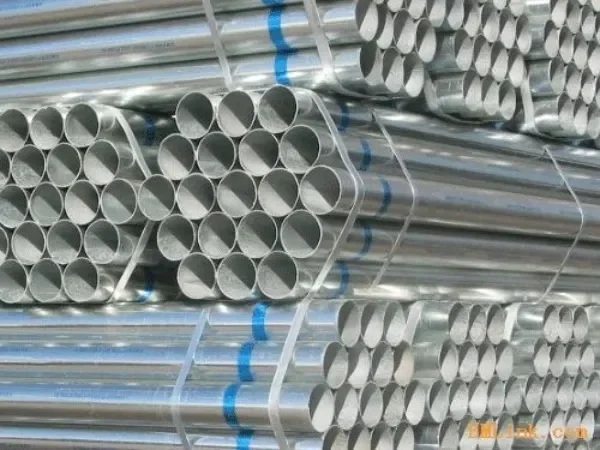The Importance of Proper Steel Pipe Maintenance
Proper maintenance of steel pipes is crucial to ensure their longevity and performance. Steel pipes are widely used in various industries, including oil and gas, construction, and manufacturing. They are known for their durability, strength, and resistance to corrosion. However, like any other material, steel pipes require regular maintenance to ensure they function optimally and last for a long time.

Regular inspections are an essential part of steel pipe maintenance. Inspections help identify any signs of wear and tear, corrosion, or damage that may compromise the integrity of the pipes. Inspections should be conducted at least once a year, or more frequently if the pipes are exposed to harsh conditions or high-pressure environments. During inspections, any issues should be addressed immediately to prevent further damage.
Cleaning is another critical aspect of steel pipe maintenance. Over time, steel pipes can accumulate debris, sediment, and other contaminants that can affect their performance. Cleaning the pipes regularly helps remove these contaminants and prevent blockages that can cause pressure buildup and damage. The cleaning method used will depend on the type of pipe and the nature of the contaminants. However, it is essential to use the appropriate cleaning agents and techniques to avoid damaging the pipes.
Repairs are also necessary for steel pipe maintenance. Even with regular inspections and cleaning, pipes can still develop issues that require repairs. Common issues include leaks, cracks, and corrosion. Repairs should be carried out promptly to prevent further damage and ensure the pipes continue to function correctly. The repair method used will depend on the severity of the damage and the type of pipe. In some cases, a simple patch or sealant may be sufficient, while in other cases, a more extensive repair or replacement may be necessary.
In conclusion, proper maintenance of steel pipes is crucial to ensure their longevity and performance. Regular inspections, cleaning, and repairs are essential to keep the pipes in good condition and prevent issues that can compromise their integrity. By following these maintenance practices, industries can ensure their steel pipes continue to function optimally and provide reliable service for years to come.
The Future of Steel Pipes and Pipe Fittings
The Importance of Steel Pipe Testing and Inspection
Choosing the Right Steel Pipe for Your Project: Tips and Considerations
The Advantages of Steel Pipes in Construction: Durability, Strength, and Versatility






